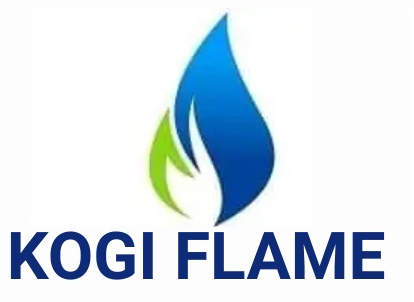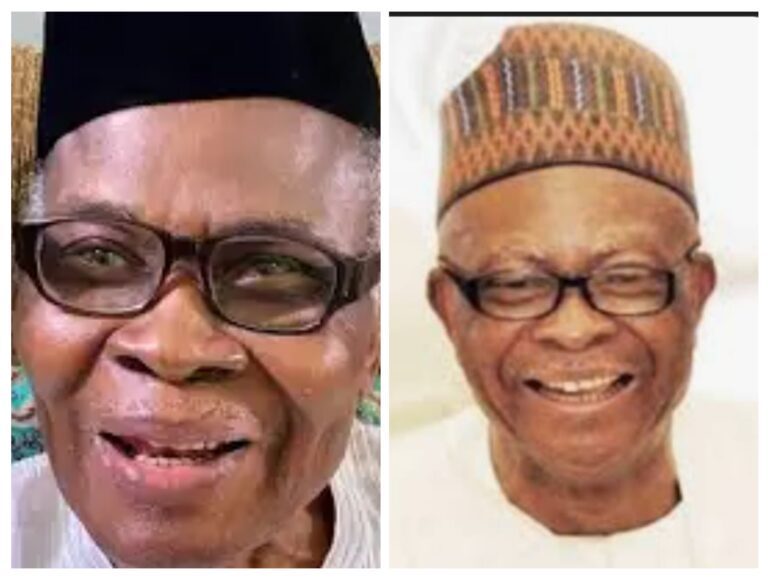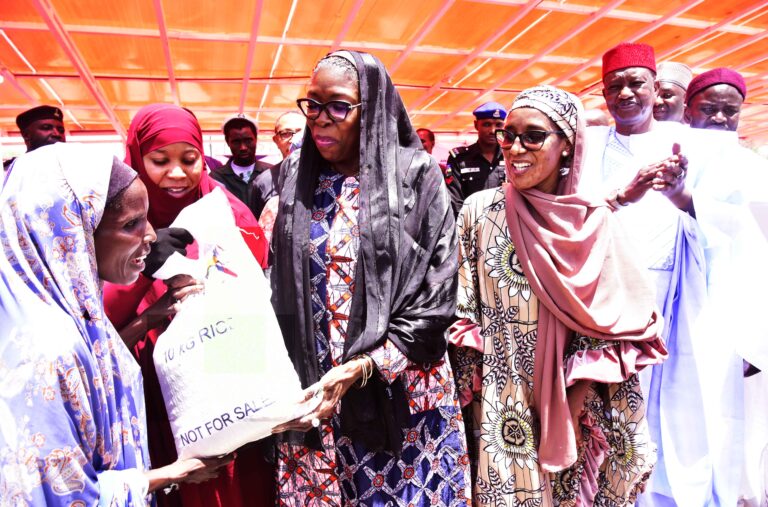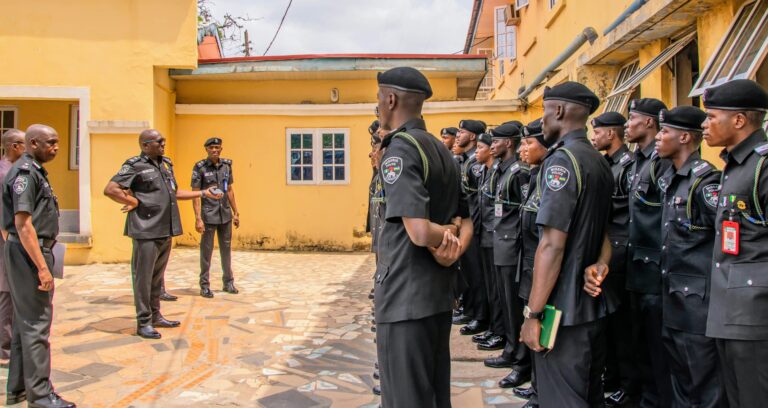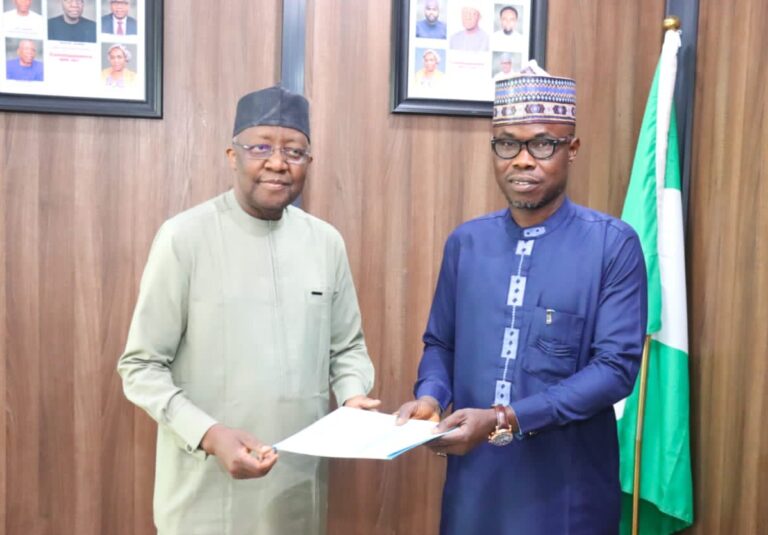Warning: Attempt to read property "post_excerpt" on null in /home/kogiflam/public_html/wp-content/themes/morenews/single.php on line 55
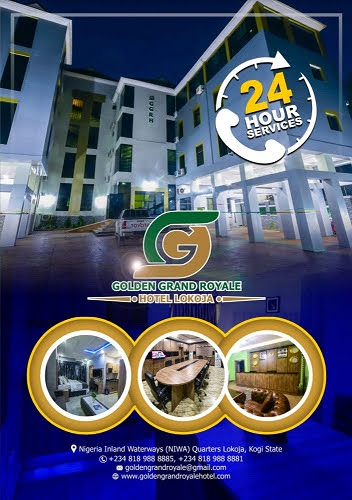
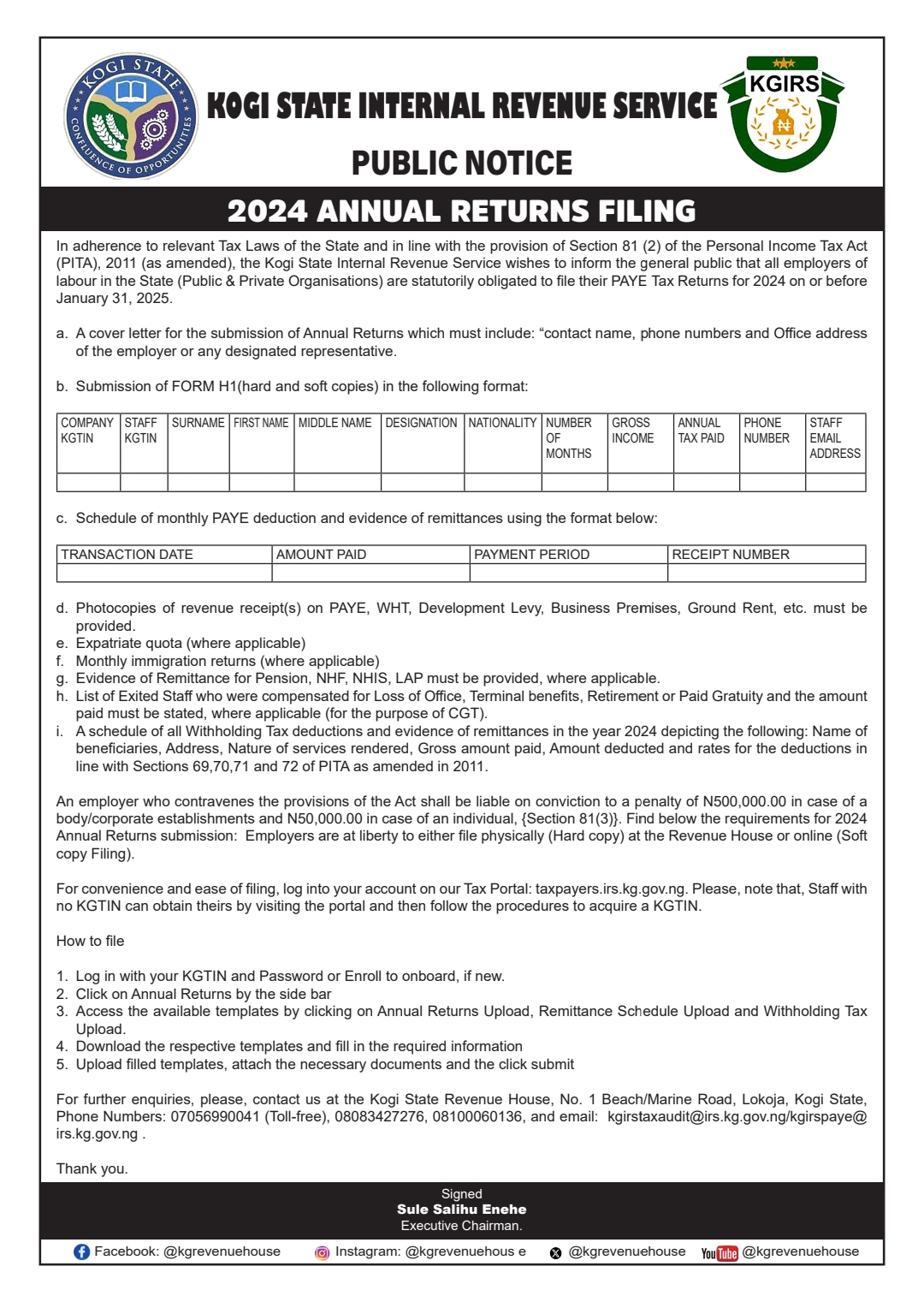
Kogiflame
The immediate past President, African Organisation for Research and Training in Cancer (AORTIC), Dr. Abubakar Bello has explained that about 250 radiotherapy machines were needed for the Nigerian population estimated at 250million, but yet there are less than 10 in the country.
Dr Abubakar Bello, who made this known during the celebration of cancer day organised by Dove-Haven Foundation, a non-governmental and not-for-profit organization located in Isanlu, Kogi State, said, “being human is a major risk factor to cancer”.
Bello highlighted four major pillars of cancer care as; prevent all preventable cancer, treat all treatable cancer, cure all curable cancer, and palliate cancers that need palliation.
He said that the inability to institutionalised national vaccination and screening programmes for cancers such as cervical and prostate cancers remained the major gaps.
According to him, with about 86 per cent of patients present late and low capacity for diagnosis and treatment, the gaps keep widening.
Dr Bello advocated that government should enact policies that will enable the private sectors to thrive such as tax relief; grants and partnerships; increase oncologists training; and create an enabling work environment to reduce brain drain.
In his remarks, the DHF Executive Director, Dr. Ekundayo Samuel, described the scourge of cancer faced by the rural populace and how there is a major care gap, as most of the advocacy efforts are focused in urban areas.
Samuel noted that closing the cancer care gap require proper evaluation of the epidemiology of cancer, saying its inaccurate statistics in Nigeria would be a limiting factor to closing the gaps.
He enjoined governments and all relevant stakeholders to work hard to present the real cancer data in the country.
According to him, the data would help in proper planning and implementation of other strategies that focused on closing the care gap.
Dr Samuel further advised that more cancer intervention centres should be situated in the underserved rural communities where the scourge is causing havoc.
On his parts, Dr Adamu Umar, the President of the Nigerian Cancer Society (NSC), said the cancer care funds from the government should be properly utilized and bureaucracy removed.
Dr Umar added that NAFDAC should speed up the process of approving application for the importation of HPV vaccine which could help to prevent over 90 per cent of cervical cancer.
He reiterated the need to adopt a multidisciplinary and holistic approach in order to close cancer care gap involving the governments, private sectors, NGOs, individuals and other relevant stakeholders.
Also speaking, Dr. Omolola Salako, the CEO, Oncopadi Technologies Limited, said low number of oncologists remains one of the major cancer care gaps in Nigeria,
According to her, it is so sad that Nigeria has only 81 clinical and radiation oncologists distributed in 18 states; suboptimal care due to inadequate resources; high cost of care which comes mainly from out-of-pocket.
Dr. Okpakpo Okpikpi, the National Coordinator, National Cancer Control Programme, Federal Ministry of Health, said the federal government was already considering intervention fund for eight additional health centers for cancer across the country to support care.
Okpikpi, who was represented by Dr Uche Nwokwu from the ministry, said the target would be that, ”no patient will need to travel 100 kilometers before accessing a cancer care centre”.
Mrs. Moji Animashaun, Executive Director, St Cyril Cancer Treatment Foundation, said closing the time between awareness creation and screening, screening and diagnosis, diagnosis and treatment are critical in cancer care advocacy.
On her parts, Dr. Foluke Sarimiye, the Founder, Patella Care Foundation, said closing the care gap would take a multidisciplinary approach.
She urged the government to embark on training and retraining of oncologists, while she emphasised the need to encourage medical students to go into the oncology specialty.
A Survivor of cancer, Mrs. Janet Adetoro, stressed the need to actively involve patients in the disease management.
Adetoro, who is a retired Director, Nursing Services and Administrator, urged cancer patients to always seek for help from the appropriate place.
She further advised patients to comply with treatment regimens and not be religious about this deadly disease.
Dr. Ishak Lawal a Technical Expert of DHF, said radiotherapy machines and other resources should be deployed to rural communities for easy access.
Dr. Lawal also advocated that direct non-medical care or support should be considered in closing the care gap.
Summarily, the stakeholders in their separate remarks, all admitted that government alone cannot close the cancer care gaps, and called for joint action to reduce cancer scourge in Nigeria and globally.
They called for advocacy efforts and awareness creation from primary to tertiary institutions, adding that information should be made available especially at the grassroots.
The stakeholders commended the DHF for its awareness and cancer care initiatives which are important to bridging the cancer care gaps.
